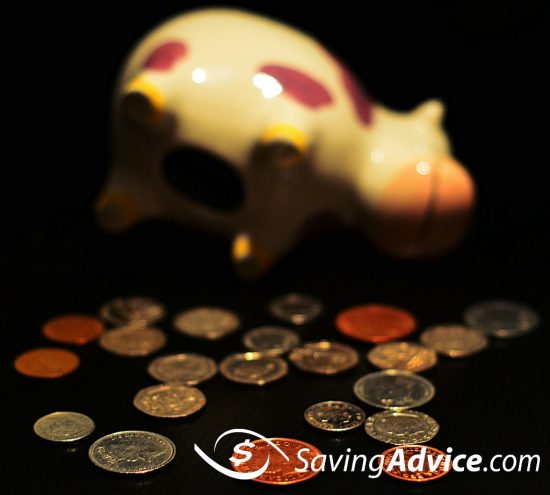
1. Find your financial independence number
We all have a number. How much will you need, in retirement, to cover all of your expenses? That should be your current budget, adjusted for inflation, minus expenses you won’t have anymore, such as
- Day care
- College tuition
- Supporting your kids
- Dressing up for work
- Commuting
- Maybe a second car,
- etc.
Plus all the expenses you didn’t have before but will have to pay for in retirement, like
- Higher healthcare premiums
- Golf membership and other leisure activities
- More holidays, cruises…
- Gifts for the grandkids
- and so on
Let’s say you come up with $40,000 a year. Financial planners say you can safely withdraw 4% of the value of your portfolio to live in retirement, meaning you need to save $1,000,000 by the time you become financially independent.
2. Break down your goal
Saving $1,000,000,can seem daunting, but it gets much more manageable once you break your goal into much smaller monthly goals.
How much do you need to save every year to reach that number? It obviously depends on how long you plan on saving for. To save a million dollar, assuming a market return of 8%, it can take as long as 42 years if you save $250 per month, or as little as 26 years if you manage to save $1,000 a month. Yes, that’s a lot, but if you have a partner, living on your income and saving theirs can be an easy option to become financially independent sooner. In which case, if your saving rate is 50%, you would only need 14 years of savings to retire.
3. Learn to live on less
Obviously, since we have found out that the more you save, the sooner you retire, you need to start living on less. That means a thorough review of every penny you spend.
- Do you really need to spend that money?
- Can you do without altogether?
- Can you get the same value for less?
- Can you get a discount with your current provider?
These are the questions you should ask about your spending. Refinancing your mortgage, paying off your credit cards and high interest debts, negotiating your bills… are all small steps that will save you thousands over the next few years.
4. Try to earn more
While there is a limit to how little you can live on, there is none on how much you can make. If you are able to keep your expenses in check, and save most of your raises, bonuses, and income from side hustles, you will accelerate your nest egg growth exponentially.
The more you earn, the earlier financial independence will come.
5. Invest wisely
Just like your savings rate, the return your get on your investments will dramatically impact your nest egg. Find a low cost robo-advisor, and simply invest in index funds. Trying to outsmart the market and paying thousands in fees for managed funds will cripple you over the long term. Very few investors get better returns.
Don’t put your eggs in the same basket and diversify your investments. Look into real estate, CDs, alternative investments… and adjust your level of risk to your goal. If you just have a few years to go, you’ll want to become more conservative.
6. Resist temptation
Following these steps to financial independence is hard at times. The Joneses will be whispering in your ear that you should be spending more, buying stuff you don’t really need, just so you feel less like an outsider. Not being average takes a strong personality.
Just stay strong and…
7. Focus on the reward
There is a whole life after financial independence. You can volunteer, travel, take care of your kids, or even keep working in a field you really love without concerns about how much you might earn. Very few people who follow the steps to financial independence stay idle until the end. They have shown discipline and motivation, like athletes, and seldom turn off the engine completely. Picturing your perfect day in financial independence is what will keep you going through the ups and down of saving and investing. What does a perfect day look like? Who are you with? What are you doing?
That is what will make going through the steps to financial independence much easier.
This is a guest post from Pauline from InvestmentZen.com.
Photo: Alfy
Comments